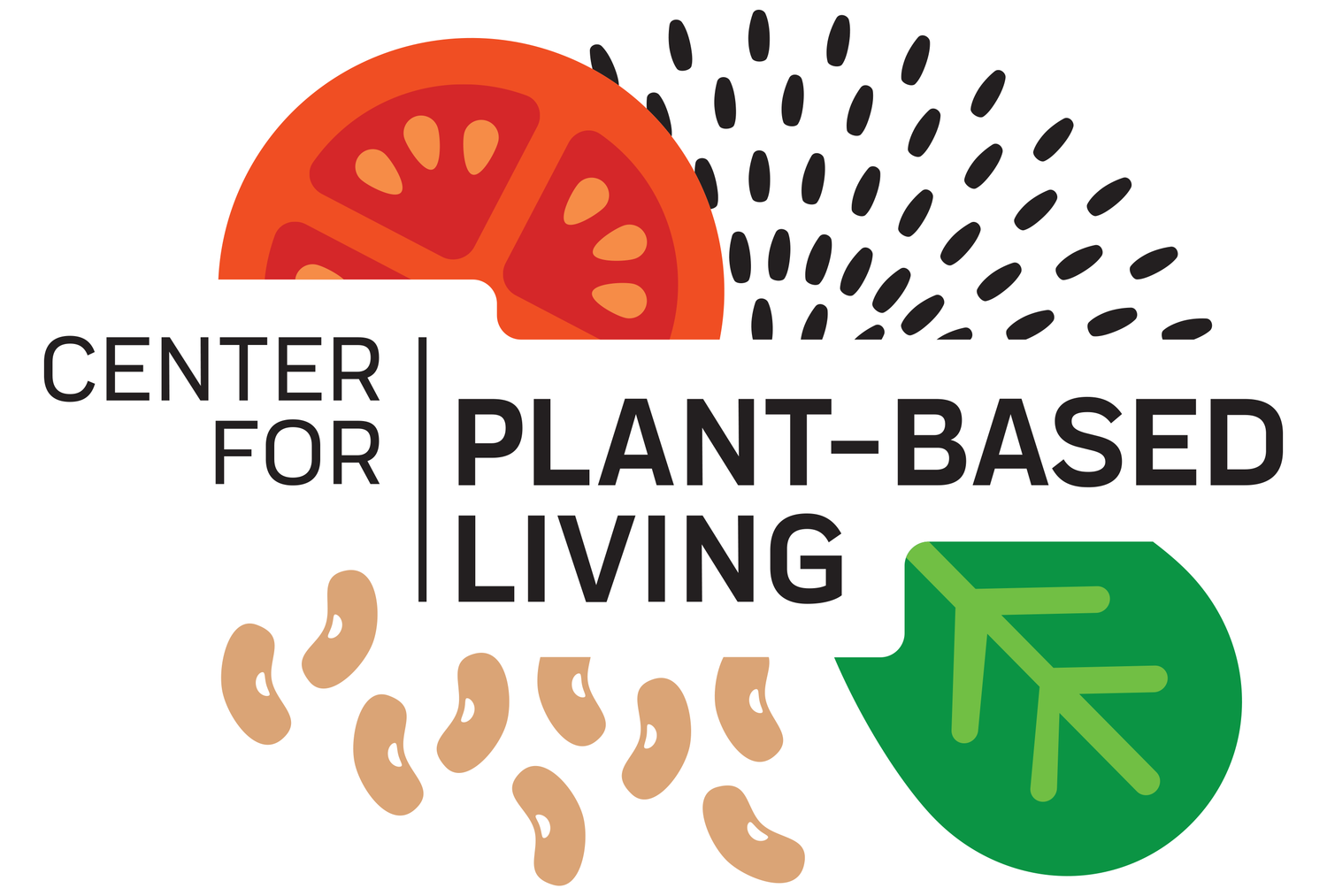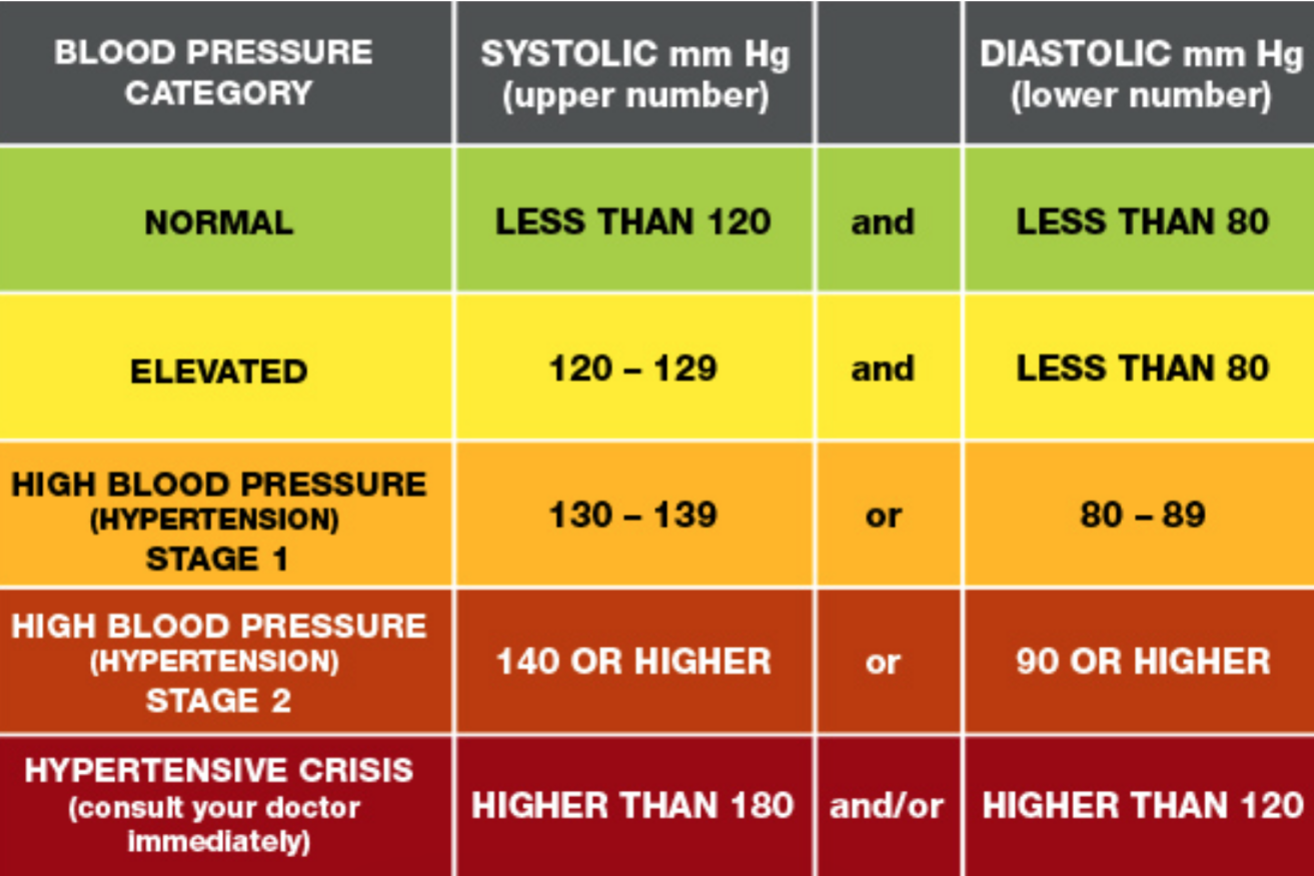THE DOC AND CHEF SHOW EP. 10: POTASSIUM FOR LOWER BLOOD PRESSURE // SUPPORTING SCIENCE AND THE RECIPE
Hypertension, commonly known as high blood pressure, is a medical condition where the force of blood against the walls of the arteries is consistently too high. Almost half of Americans over the age of 20 have high blood pressure, and poorly controlled high blood pressure (hypertension) can have serious and far-reaching effects on various aspects of health[1].
Blood pressure is measured in millimeters of mercury (mm Hg) and is expressed as two numbers: systolic pressure over diastolic pressure. The systolic pressure represents the force of blood against the arteries when the heart contracts (beats), and the diastolic pressure represents the force of blood against the arteries when the heart is resting between beats.
Hypertension is typically defined as follows:
1. Normal Blood Pressure: Systolic pressure less than 120 mm Hg and diastolic pressure less than 80 mm Hg.
2. Elevated Blood Pressure: Systolic pressure between 120-129 mm Hg and diastolic pressure less than 80 mm Hg. Elevated blood pressure indicates a higher risk of developing hypertension in the future.
3. Hypertension Stage 1: Systolic pressure between 130-139 mm Hg or diastolic pressure between 80-89 mm Hg.
4. Hypertension Stage 2: Systolic pressure 140 mm Hg or higher, or diastolic pressure 90 mm Hg or higher.
If either the systolic or diastolic blood pressure falls into different stages, the higher stage is used to categorize the overall blood pressure level. It's important to note that a diagnosis of hypertension is typically based on the average of two or more blood pressure readings taken on different occasions.
Hypertension is often referred to as the "silent killer" because it usually doesn't cause noticeable symptoms in its early stages, but over time, it can significantly increase the risk of various health complications. Here are some of the potential health effects of poorly controlled high blood pressure[2]:
1. Cardiovascular Disease: Hypertension is a major risk factor for cardiovascular diseases, including heart attack (myocardial infarction), heart failure, and stroke. Elevated blood pressure puts strain on the arteries, causing them to narrow and become less flexible, which can lead to blockages and reduced blood flow to the heart and brain.
2. Stroke: High blood pressure increases the risk of stroke by damaging blood vessels in the brain and promoting the formation of blood clots.
3. Heart Failure: Over time, the increased workload on the heart due to hypertension can lead to a weakened heart muscle and heart failure, where the heart's pumping ability is compromised.
4. Kidney Damage: The kidneys play a role in regulating blood pressure. Chronic hypertension can damage the blood vessels in the kidneys, leading to reduced kidney function and an increased risk of kidney disease.
5. Vision Problems: Hypertension can damage blood vessels in the eyes, leading to vision impairment or even blindness in severe cases.
6. Aneurysms: High blood pressure can weaken the walls of blood vessels, increasing the risk of aneurysms, which are bulges in the vessel walls that can rupture and cause life-threatening bleeding.
7. Peripheral Artery Disease (PAD): Hypertension can contribute to the narrowing of arteries in the legs and arms, leading to reduced blood flow and increased risk of infection, ulcers, and tissue damage.
8. Cognitive Decline: Chronic high blood pressure has been associated with an increased risk of cognitive decline and dementia later in life.
9. Sexual Dysfunction: Hypertension can contribute to erectile dysfunction in men and reduced sexual desire in both men and women.
10. Metabolic Syndrome: Hypertension is often a component of metabolic syndrome, a cluster of conditions that include abdominal obesity, high blood sugar, and abnormal cholesterol levels. These conditions collectively increase the risk of heart disease, stroke, and type 2 diabetes.
There are several lifestyle factors that can contribute to the development of hypertension. Making positive changes in these areas can help prevent or manage hypertension. Here are some key lifestyle risk factors:[3]
1. Diet High in Sodium: Consuming too much salt (sodium) in the diet can lead to fluid retention and increased blood pressure. Processed foods, fast food, and restaurant meals often contain high amounts of sodium.
2. Low Potassium Intake: A diet low in potassium-rich foods can disrupt the balance between sodium and potassium, which is important for blood pressure regulation.
3. Unhealthy Diet: Diets high in saturated fats, trans fats, cholesterol, and refined sugars contribute to obesity, high cholesterol, and insulin resistance, all of which can raise blood pressure.
4. Excess Body Weight: Being overweight or obese increases the risk of hypertension. Excess body fat can lead to insulin resistance and changes in blood vessel function.
5. Physical Inactivity: Lack of regular physical activity can contribute to weight gain and overall poor cardiovascular health, increasing the risk of hypertension.
6. Excessive Alcohol Consumption: Drinking alcohol excessively can raise blood pressure and contribute to other heart-related issues. Moderation is key; for most adults, this means up to one drink per day for women and up to two drinks per day for men.
7. Smoking: Smoking damages blood vessels and contributes to the development of atherosclerosis (narrowing and hardening of arteries), which can raise blood pressure.
8. Stress: Chronic stress and an unhealthy response to stress can lead to higher blood pressure. Stress hormones can narrow blood vessels and increase heart rate.
9. Lack of Sleep: Poor sleep quality and insufficient sleep can affect hormone regulation, leading to higher blood pressure. Sleep apnea, a sleep disorder, is also associated with hypertension.
10. Caffeine Consumption: While moderate caffeine consumption is generally safe for most people, excessive caffeine intake from energy drinks, sodas, or strong coffee can temporarily raise blood pressure.
11. Chronic Kidney Disease: Conditions that affect kidney function can lead to higher blood pressure. The kidneys play a crucial role in regulating blood pressure.
12. Age: The risk of hypertension increases with age. This is often related to changes in blood vessels and other physiological factors.
When it comes to potassium and sodium, research suggests that ratio of potassium to sodium in your diet is more important in attaining and maintaining a normal blood pressure than just sodium by itself. It is felt the optimal dietary ratio is between 2 -3 to 1, which means you should try and consume 3000-4500 mg of potassium to 1500 mg (or less) of sodium.[4]
If you have high blood pressure, it's crucial to work closely with a healthcare professional to develop a personalized plan to control it and reduce the risk of associated health complications.
In addition to helping regulate blood pressure, potassium plays a vital role in maintaining other bodily functions and promoting overall health. Here are some other reasons why potassium is important for our health[5]:
1. Reducing Stroke Risk: Consuming potassium-rich foods has been associated with a reduced risk of stroke. This is likely due to its role in maintaining proper blood pressure and cardiovascular health.
2. Muscle Function: Potassium is essential for normal muscle contraction, including the contractions of the heart. It helps maintain proper heart rhythm and supports the proper functioning of skeletal muscles.
3. Nerve Function: Potassium is involved in transmitting electrical signals in the nervous system. It helps ensure proper nerve impulse transmission, which is important for various processes including muscle movement and sensory perception.
4. Fluid Balance: Potassium helps regulate fluid balance in and around cells. It works in conjunction with sodium to maintain the right balance of fluids and electrolytes in the body, which is crucial for proper cell function and maintaining healthy blood pressure levels.
5. Bone Health: Some studies suggest that a diet high in potassium-rich foods might help preserve bone mineral density, reducing the risk of osteoporosis.
6. Kidney Function: Potassium is necessary for maintaining healthy kidney function. The kidneys play a crucial role in regulating potassium levels in the body, helping to eliminate excess potassium through urine.
7. Acid-Base Balance: Potassium helps maintain the body's acid-base balance, which is important for overall pH regulation and metabolic processes.
8. Digestive Health: Adequate potassium intake can promote proper digestion and help prevent constipation by supporting smooth muscle contractions in the digestive tract.
9. Blood Sugar Control: Some research suggests that a higher intake of potassium might improve insulin sensitivity, potentially contributing to better blood sugar control.
Foods that are high in potassium include:
● Beet greens
● Swiss chard
● Beans, lentils
● White potatoes
● Sweet potatoes
● Winter squash (acorn, butternut)
● Spinach
● Broccoli
● Avocado
● Bananas
● Cantaloupe
● Oranges, orange juice
● Coconut water
● Tomatoes
● Dried fruits (raisins, apricots)
And although potassium is very important for our health, if you have chronic kidney disease, you do need to be careful with consuming too much potassium, and you should discuss any significant dietary changes with your healthcare provider.
In summary, it is important to manage high blood pressure effectively through lifestyle changes, medication if necessary, and regular medical check-ups. Lifestyle changes include maintaining a healthy weight, adopting a balanced diet low in sodium and high in potassium-rich foods, engaging in regular physical activity, managing stress, limiting alcohol intake, and avoiding tobacco products. Research suggests that the ratio of potassium to sodium in your diet is more important in attaining and maintaining a normal blood pressure than just sodium by itself. However, if you have chronic kidney disease, you may need to be careful with how much potassium you consume and you should discuss any significant dietary changes with your healthcare provider.
[1] https://www.cdc.gov/bloodpressure/facts.htm
[2] Hypertension. 2020 Jun;75(6):1334-1357
[3] Nat Rev Cardiol 18, 251–275 (2021)
[4] Adv Nutr. 2014 Nov 14;5(6):712-41
[5] Adv Nutr. 2013 May 1;4(3):368S-77S
Creamy White Beans and Greens Soup
🥦Do you know about our STREAMING PLUS membership?
Our membership is built like a streaming service - you get a full library of plant-based cooking classes to watch whenever you want. PLUS, you gain access to upcoming interactive virtual cooking classes and a monthly accountability group call.
As a member you get:
Complete library of all past virtual classes - stream them whenever you’d like!
Free access to upcoming virtual classes
Library of easy and quick recipes: 100 and growing
Access to private Facebook group
Monthly accountability check-in and support group Zoom call with Caryn
Quarterly “Ask the Doc” call with Dr. Jim Loomis, our Medical Director
20% off all virtual multi-week programming
A community of support
To learn more,please visit us here.



